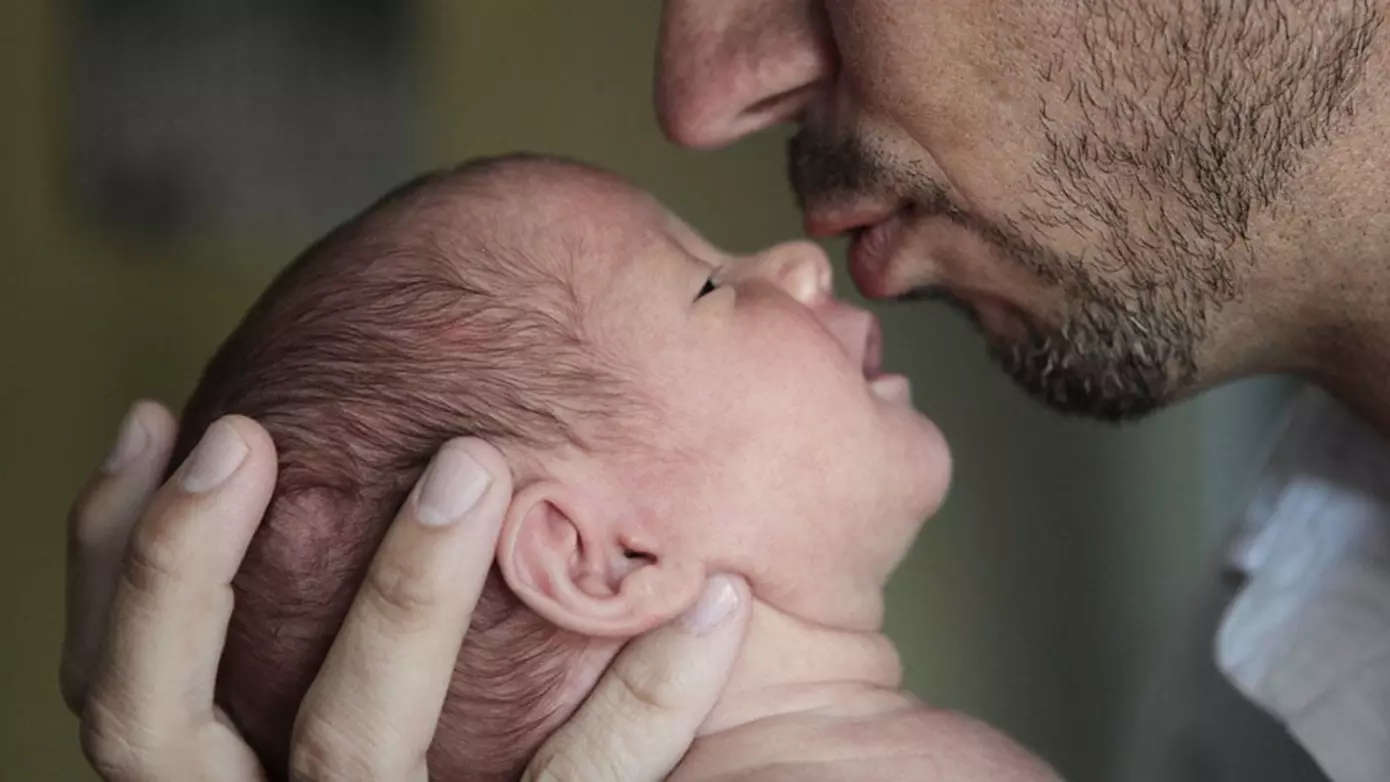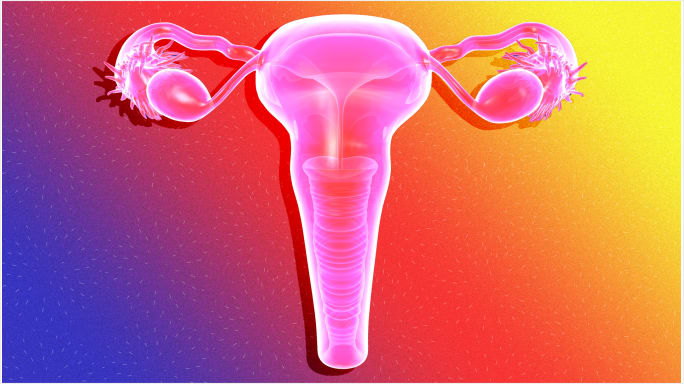What you need to know about the potential dangers of kissing newborn babies
Yesterday, we learned of the heartbreaking death of Mariana Reese Sifrit, who died 18 days following her birth after contracting viral meningitis when she was less than a week old. The meningitis was caused by HSV-1 — the same herpes virus that causes cold sores — and is believed to have been transferred by a kiss.
But how likely is this to happen? We spoke with several physicians to find out what new parents need to know.
Do parents really need to worry about someone making their baby very sick by kissing it?
In short: Yes, it can happen, but it’s very rare.
“People can definitely make a baby sick by kissing them,” says Dr. Gina Posner, a pediatrician at Orange Coast Memorial Medical Center in Fountain Valley, California. “Saliva carries a lot of germs. If they aren’t sick, then the baby won’t get sick, but if they have a cold or other virus or bacteria, it can easily be spread by kissing.”
Newborns have immature immune systems, making them more vulnerable to severe illnesses from viruses and bacteria that cause only mild illness in older children and adults, Dr. Emily Edwards, a pediatrician at Saddleback Memorial Medical Center in Laguna Hills, California, tells SheKnows. For example, the herpes virus that can cause cold sores in adults can cause neonatal meningitis in a newborn, she adds.
How did this happen?
Herpes meningitis can be caused by bacteria, fungi or other types of germs, and it can be spread through sexual contact or from a woman to her baby during childbirth, according to Johns Hopkins Medicine‘s Dr. Trung Tristan Truong, a pediatrician at MemorialCare Medical Group in San Juan Capistrano, California, says. Truong clarifies, though, that herpes is a virus, so herpes meningitis (inflammation of the meninges) or herpes encephalitis (inflammation of the brain) or both (meningoencephalitis) cannot be caused by bacteria or fungi.
According to Dr. Charles Shubin, a pediatrician at Mercy Medical Center in Baltimore, newborn babies up to 2 months of age are immune-incompetent, similar to chemo or HIV patients.
How common is this?
Luckily, meningitis caused by bacteria or herpes is rare, occurring in less than 1 out of 1,000 live births. In addition, Edwards says that she has seen rates of infant meningitis decrease over the past several years because of developments of vaccines. However, these cases can be devastating when they do occur, she notes, causing permanent neurologic dysfunction or death.
Dr. Amesh A. Adalja, senior associate at Johns Hopkins Center for Health Security notes that this is a “pretty rare occurrence and not the normal course of events.”
Similarly, Posner says that although she has personally not had any cases of meningitis being transferred by a kiss to a newborn, it is possible — even though it’s not as infectious as something like measles.
What should parents allow/not allow in terms of people having contact with newborn babies?
In short, people with any sort of infectious — or potentially infectious — condition should not be kissing babies.
Someone who has an active respiratory condition (common cold, undiagnosed chronic cough condition, suspected influenza), an obvious infection (like chickenpox) or an active intestinal illness (diarrhea/vomiting) probably should best keep away from contact with newborn babies, Truong says, adding that someone with a cold sore should not be kissing babies.
While those with lesions caused by oral herpes should definitely avoid kissing others, they should bear in mind that transmission can occur, even without a sore, Adalja says.
In addition, Edwards recommends that parents should also encourage their household contacts and close family members and friends to make sure their influenza and Tdap vaccinations are up to date.
And no matter what, the doctors recommend that any visitors coming in contact with newborn babies should wash their hands with either soap and water or hand sanitizer.
“I tell all the parents of newborns that people can come visit if they are 100 percent healthy,” Posner says. “If they tell them they just have a little sore throat or the end of a cold, I have a parent say to visit when they feel 100 percent better.”
Sure, it’s one thing to tell adults with an infection away from a newborn, but what about other children?
Posner says that she tries to give people – kids especially – alternative places to kiss newborn babies, so they avoid the face. These include on the bottom of their feet or the back of their head.
Originally published on SheKnows.




comments